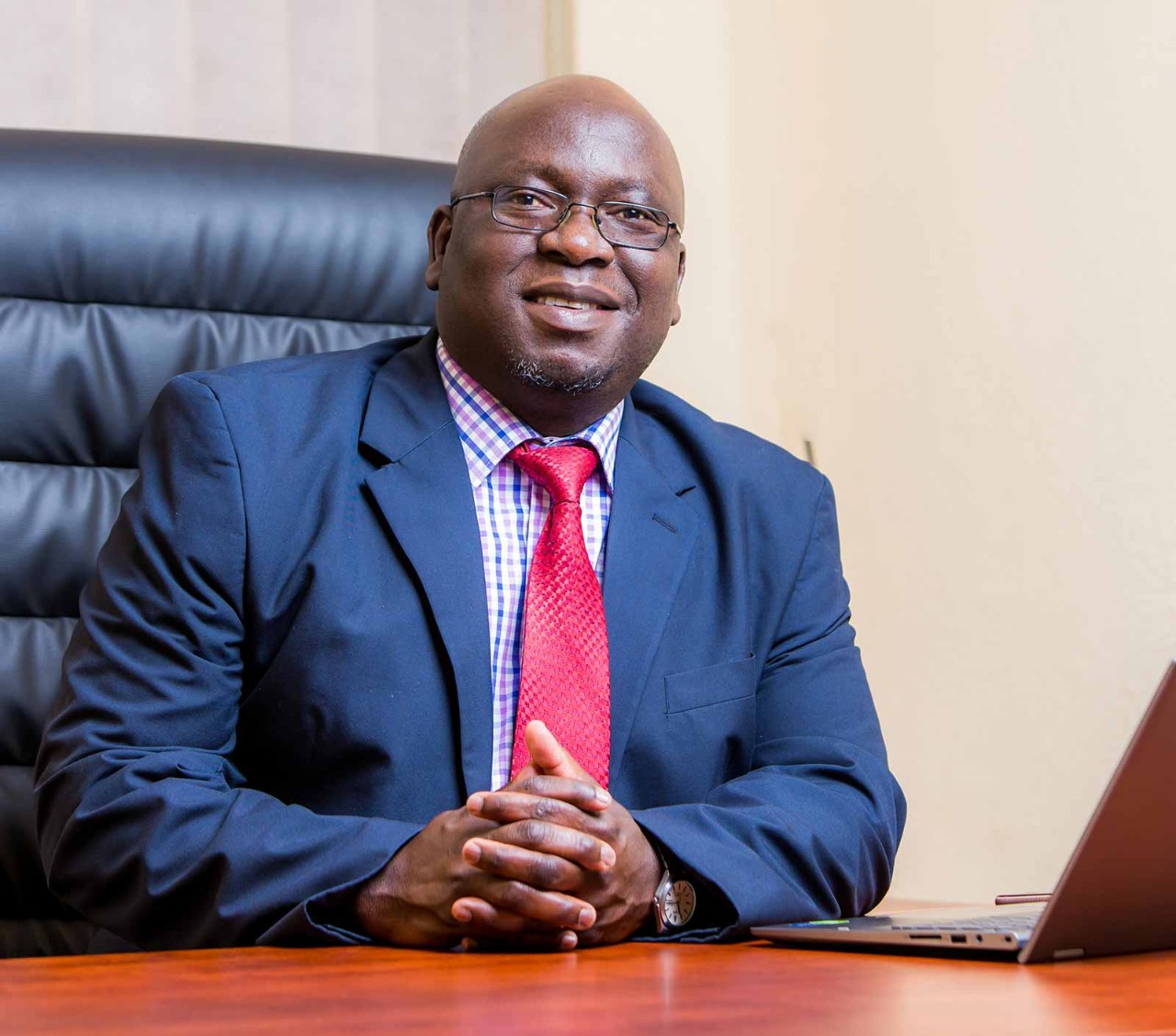
The Covid-19 pandemic brought home the business transformation imperative, with changes to the ways we work that would have taken years to bring in taking place in a matter of months. This was the theme of an ACCA session at the Finance Indaba conference held in Johannesburg, South Africa, in October.
Kada Phiri FCCA, business development manager for ACCA South Africa, introduced the report Transformational Journeys: Finance and the agile organisation, a joint project between ACCA, Generation CFO and Chartered Accountants Australia New Zealand, which explored the experiences of accountants around the world.
‘Transformation is many things to many people. For some, it involves the digital space, data, information, for others a business model. But at the core it is about culture. It’s a change of habits,' Phiri said.
The report notes that the pandemic has accelerated the transformation of many areas of business, necessitating a move from away from the traditional, top-down leadership model to a more agile, project-centric, flexible structure, with finance professionals at its heart.
‘Organisational structures are changing, and finance teams have a vital role to play in making them work,' Phiri said. 'Business models are changing; your customers are changing; and employees are changing as skills move internationally.’
‘Those who conquer data will win in the future'
People are key
Jodi Joseph, divisional executive at Caseware Africa, a provider of audit and financial reporting software, said that an organisation’s people held the key to successful transformation.
Those who make the difference, she said, were not constrained by thinking about themselves as purely finance professionals preoccupied with ‘month-end close and a historic view of financial reporting’. Instead, they ‘partner all over the business working out what the drivers of performance are, not just the results'.
The report noted that data can unlock uncertainties in a business, and Joseph advocated using it as a transformative tool. ‘Those who conquer data will win in the future. We’re driving into the office of the CFO to say: "Own your data, drive your business, make data your friend",' she told the audience, adding that finance professionals are the ‘original data scientists’.
Joseph’s advice was to 'get involved in your data’ and ‘get your teams involved’ – utilising younger members who look at the world differently. ‘Finance should be everywhere, in every part of the business: as a partner, sometimes as a handbrake. Be everywhere; don’t be behind your desk or your screen processing financial information, be in the business.’
‘Our role as financial professionals is to move away from being transactional and focus on value-added activities'
Unpredictable environment
Mazvita Maradzika, managing director of Selective Empowerment Investments 1, said that the pandemic and more recent global and local challenges, such as the war in Ukraine and electricity shortages in South Africa, have demanded agility from her business.
An unpredictable environment requires constant transformation and constant review of strategy, operations and cashflows. Five-year forecasts are ‘impossible’ in today's world and finance professionals have to be constantly alert and responsive to market demands.
One example Maradzika cited is how the flagging economy had caused her investment holding company’s investments in listed companies to underperform, so they had to grow their unlisted portfolio to better manage that risk. They also had to digitise processes to operate more efficiently, as well as to monitor the performance of investee companies.
‘Our role as financial professionals is to move away from being transactional people. We now have to be focused on value-added activities such as financial planning and analysis, strategic planning, treasury, operational risk and policy setting, most of which traditionally haven’t been pure financial roles,’ she said. ‘We have to be always on our toes to prepare for change.’
One panel member who knows all about agility is Patricia Mashifane, CFO of Swift Garment Manufacturers, who previously worked in banking.
‘Agility and thinking differently from others helps you move faster than your competition and identify opportunities where others don’t see them,' she said. 'Realising the impact of acting now means that you’re ahead of your competition.'
Look to the long term
Phiri echoed the report’s advice to finance professionals to consider the long term, engage with the environment and rethink the business’s purpose. Classic business cases are being challenged and finance professionals are increasingly required to measure value. As the report notes, ‘Purpose, people and profit are causing business leaders and stakeholders to consider a broader picture.’
‘We should not just be scorekeepers recording transactions, but be value-added players,' Phiri said. 'There are expectations of the CFO and of the finance department. You must ask yourself: "‘What is my role in the organisation?"'
Finance also needs to define its role in an organisation beyond record keeping and managing compliance and risk to include data and insights. ‘When you find the drivers of value, you need to come with metrics of how you are going to measure it so that you either realise that value or you maintain or protect that value, he said.
‘Finance is the heart of the organisation. Anything to do with the sustainability of the organisation will involve the finance function,’ he concluded.


